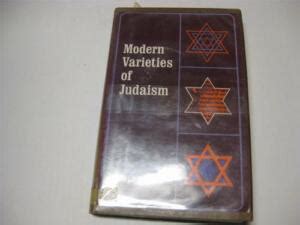A Quote by Eric Metaxas
Religious liberty is misunderstood. It simply means that the Founders said that everyone in America should have the freedom to practice and exercise their religion. Not to believe it but to exercise our beliefs - to act on our beliefs. It's not about believing privately in your head, privately in that building, or simply about freedom of worship.
Related Quotes
Our illusions-the beliefs we hold on to-are the very doorways to our freedom. We simply have to enter through them without grasping or pushing away. We must not believe them, but we must not run away from them either. We need to see each moment of apparent bondage as an invitation to freedom. Then it becomes an act of love, an act of compassion, to stop running away.
What blinds us, or makes historical progress very difficult, is our lack of awareness that our beliefs have grown obsolete and should be put aside.... This is I think much of the problem of the modern dilemma: Direct experience has been discounted, and in its place all kinds of belief systems have been erected.... If you believe something, you are automatically precluded from believing its opposite; which means that a degree of your human freedom has been forfeited in the act of committing yourself to this belief.
The constitutions of most of our States assert, that all power is inherent in the people; that they may exercise it by themselves, in all cases to which they think themselves competent, or they may act by representatives, freely and equally chosen; that it is their right and duty to be at all times armed; that they are entitled to freedom of person, freedom of religion, freedom of property, and freedom of the press.
By liberty of conscience, we understand not only a mere liberty of the mind, in believing or disbelieving this or that principle or doctrine; but the exercise of ourselves in a visible way of worship, upon our believing it to be indispensably required at our hands, that if we neglect it for fear of favor of any mortal man, we sin and incur divine wrath.
We in the United States, above all, must remember that lesson, for we were founded as a nation of openness to people of all beliefs. And so we must remain. Our very unity has been strengthened by our pluralism. We establish no religion in this country, we command no worship, we mandate no belief, nor will we ever. Church and state are, and must remain, separate. All are free to believe or not believe, all are free to practice a faith or not, and those who believe are free, and should be free, to speak of and act on their belief.



































